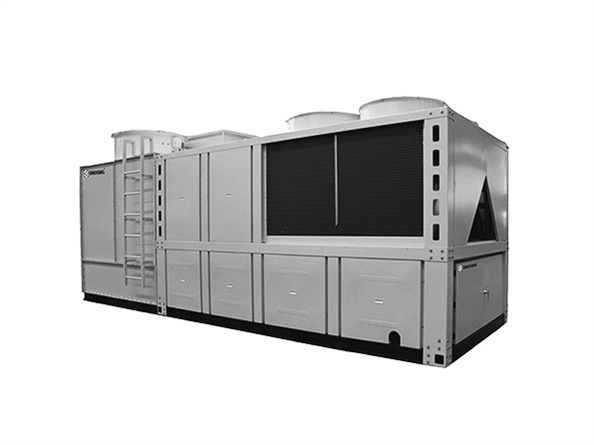The Powerhouse of Comfort: Industrial Air Conditioners
In the vast landscape of modern industry, where precision, productivity, and the well-being of workers are of paramount importance, the role of industrial air conditioners cannot be overstated. These robust systems are the unsung heroes that maintain optimal working conditions and ensure the seamless operation of various industrial processes. An industrial air conditioner is not your typical home or office cooling unit. It is a heavy-duty, highly engineered piece of equipment designed to handle the unique challenges and demands of industrial environments. These environments often involve large spaces, high heat loads, and the presence of dust, chemicals, and other contaminants. One of the primary functions of an industrial air conditioner is to regulate temperature. In manufacturing facilities, where machinery and processes generate significant amounts of heat, maintaining a suitable temperature is crucial. Excessive heat can cause equipment to malfunction, reduce the lifespan of sensitive components, and affect the quality and accuracy of production. Industrial air conditioners use powerful compressors and refrigeration systems to cool the air effectively, even in the most demanding conditions. Humidity control is another critical aspect. Some industrial processes require specific humidity levels to ensure product quality and prevent damage. For example, in the electronics industry, excessive humidity can lead to corrosion and short circuits. Industrial air conditioners are equipped with dehumidification capabilities to maintain the ideal humidity range.

Air quality is also a top priority. Industrial settings may produce dust, fumes, and airborne particles that can be harmful to workers' health and the integrity of the products. Industrial air conditioners incorporate filtration systems that remove these contaminants, providing clean and fresh air. The design and installation of industrial air conditioners require careful consideration. The size and layout of the industrial space, the heat load generated, and the specific requirements of the processes all play a role in determining the type and capacity of the air conditioning system. Centralized systems, rooftop units, or split systems are some of the common options, each with its own advantages and suitability for different applications. Let's take a look at a few examples. In a steel manufacturing plant, where the furnaces generate intense heat, large-scale industrial air conditioners are installed to cool the work areas and control the temperature of the machinery. This helps prevent overheating and ensures the smooth operation of the production line. In a pharmaceutical facility, where cleanliness and precise environmental conditions are essential, industrial air conditioners with advanced filtration and humidity control systems are used to create a sterile and controlled environment for the production of medicines. In conclusion, industrial air conditioners are the backbone of modern industrial operations. They not only provide a comfortable working environment for employees but also contribute to the efficiency, quality, and longevity of industrial processes. As industries continue to evolve and grow, the importance of these powerful cooling systems will only increase, ensuring that the wheels of progress keep turning smoothly and safely.
 Environmental yearning for sew
Environmental yearning for sew
 Improvement of sewage treatmen
Improvement of sewage treatmen
 Environmental protection refor
Environmental protection refor
 Environmental protection techn
Environmental protection techn


